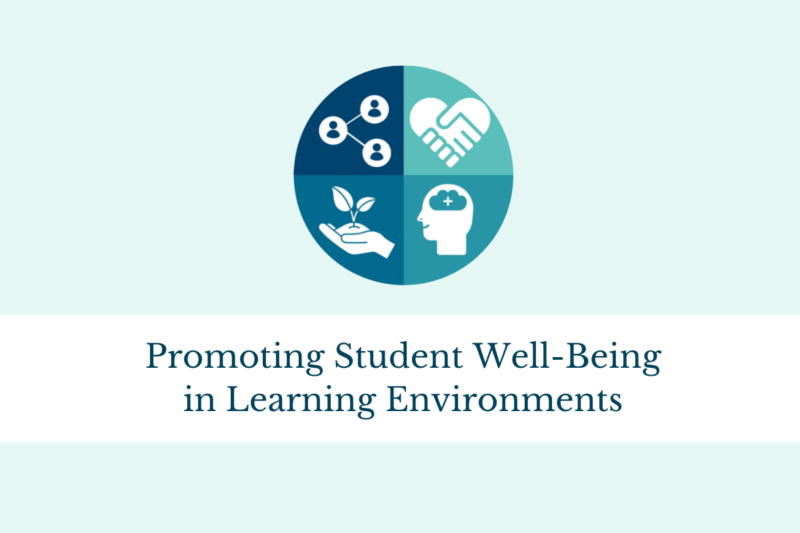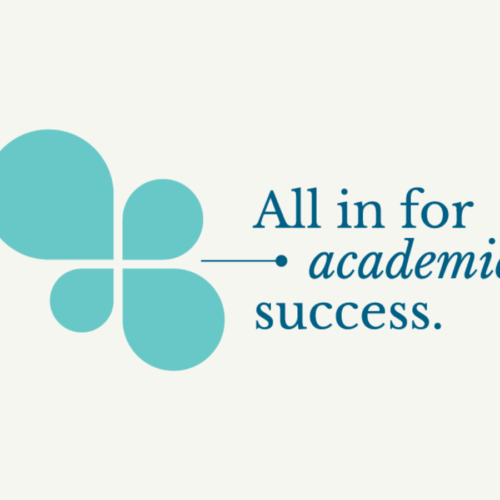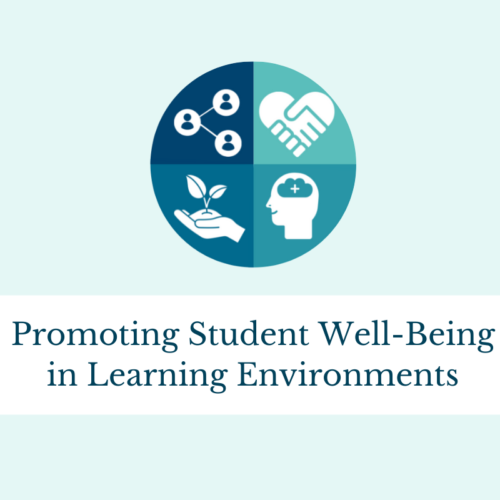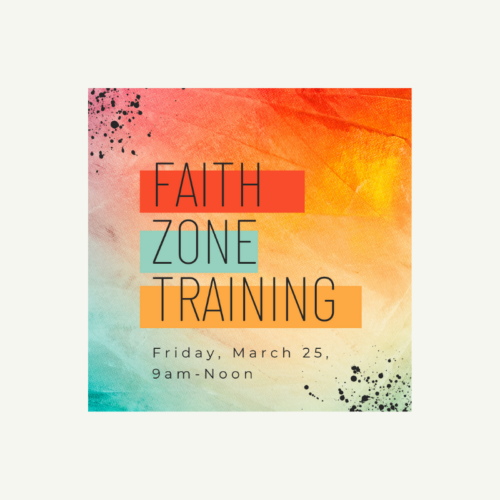
Research Spotlight: Belonging & Growth Mindset
WashU researchers share findings about student belonging and growth mindset.
 In the CTL’s new guidebook for instructors, Promoting Student Well-Being in Learning Environments, one of the keys to well-being that we highlight is Belonging & Growth Mindset. We encourage faculty to show students that mistakes are part of the learning process and help them work through challenges in a way that encourages self-compassion and promotes a sense of belonging.
In the CTL’s new guidebook for instructors, Promoting Student Well-Being in Learning Environments, one of the keys to well-being that we highlight is Belonging & Growth Mindset. We encourage faculty to show students that mistakes are part of the learning process and help them work through challenges in a way that encourages self-compassion and promotes a sense of belonging.
At WashU’s Center for Integrative Research on Cognition, Learning, and Education (CIRCLE), led by Dr. Mark McDaniel, researchers have been examining students’ sense of belonging and growth mindset. Dr. Angela Fink, lead author on several recent projects, shared why CIRCLE is interested in these topics, saying,
“Research shows that students’ beliefs about themselves and their connections to peers influence not only their well-being but also their academic success, and we are eager to explore those findings among WashU students and promote instructional practices that help all students learn and prosper.”
 Fink and colleagues found in a 2020 study that a student’s early-semester sense of belonging in General Chemistry 1 and 2 helped to predict their performance in the classes—students who felt a greater sense of belonging scored higher on exams. While the effect was small, it held even when accounting for other factors such as academic preparation. Moreover, sense of belonging at the end of the first semester predicted persistence into the second semester course. Students with a strong sense of belonging had almost no chance of leaving the course sequence, while students with only a mild sense of belonging had closer to a 20% chance of leaving.
Fink and colleagues found in a 2020 study that a student’s early-semester sense of belonging in General Chemistry 1 and 2 helped to predict their performance in the classes—students who felt a greater sense of belonging scored higher on exams. While the effect was small, it held even when accounting for other factors such as academic preparation. Moreover, sense of belonging at the end of the first semester predicted persistence into the second semester course. Students with a strong sense of belonging had almost no chance of leaving the course sequence, while students with only a mild sense of belonging had closer to a 20% chance of leaving.
Ongoing research from CIRCLE is showing that the factors underlying a student’s belonging can vary from student to student. One key strategy for promoting a sense of belonging among our students is encouraging them to approach courses with a growth mindset. In analyses combining across many studies, researchers have shown that people who believe that psychological traits such as intelligence are malleable, rather than fixed, are more likely to approach tasks with the goal of mastery (Burnette et al., 2013). When they face challenges, growth-oriented students may be less inclined to doubt themselves and their belonging in class and are prepared to overcome obstacles.
In particular, surveys with WashU students through the HHMI Inclusive Excellence Project show the importance of instructors expressing openness to student questions and helping students view mistakes as a normal part of learning. This fits with research from outside of WashU showing that when students perceive that their instructors believe they can improve, students feel a greater sense of belonging and perform better (Muenks et al., 2020). As an example, when asked about what makes classes feel inclusive, one WashU student said,
“My instructor is very open to questions and never makes it seem like an answer is stupid, even if it’s wrong. They take care to correct when people say things wrong but pick out the portions of their answer that are correct and build from there.”
Article by: Angela Fink, Chris Wally, and Ali York
Want to learn about strategies that WashU instructors are using to support student belonging and growth mindset? Check out our recent Faculty Spotlight!
This post is part of our ongoing series on Promoting Student Well-Being in Learning Environments, check back in a few weeks for our next post about Social Connection!
References:
Burnette, J. L., O’Boyle, E. H., VanEpps, E. M., Pollack, J. M., & Finkel, E. J. (2013). Mind-sets matter: A meta-analytic review of implicit theories and self-regulation. Psychological Bulletin, 139(3), 655–701. https://doi.org/10.1037/a0029531
Fink, A., Frey, R. F., & Solomon, E. (2020). Belonging in General Chemistry Predicts First-Year Undergraduates’ Performance and Attrition. Chemistry Education Research and Practice. DOI: 10.1039/D0RP00053A
Muenks, K., Canning, E. A., LaCosse, J., Green, D. J., Zirkel, S., Garcia, J. A., & Murphy, M. C. (2020). Does my professor think my ability can change? Students’ perceptions of their STEM professors’ mindset beliefs predict their psychological vulnerability, engagement, and performance in class. Journal of Experimental Psychology. General, 149(11), 2119–2144. https://doi.org/10.1037/xge0000763




